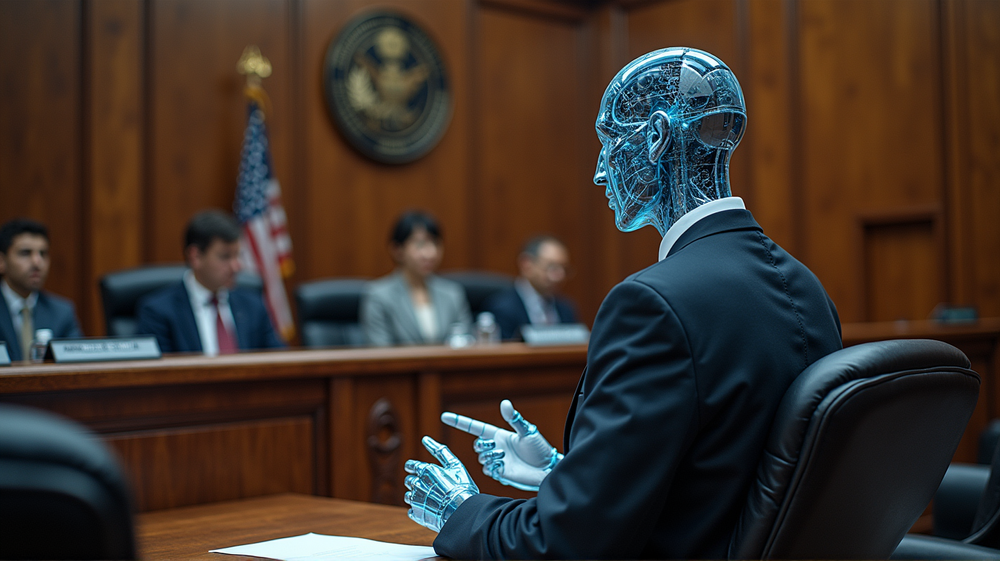In a significant legal decision, a federal judge sided with Meta Platforms, the parent company of Facebook, to dismiss a lawsuit filed by a group of renowned authors. They accused the tech giant of unlawfully using their copyrighted works to train artificial intelligence models. This ruling has sparked renewed debate within the AI industry and among legal experts on the complexities of copyright law as it pertains to evolving technology.
A Precedent for AI and Copyright Law?
U.S. District Judge Vince Chhabria, ruling from San Francisco, emphasized that while the authors presented the wrong arguments, the dismissal does not imply legality in Meta’s actions. The case highlights the tension between protecting intellectual property and nurturing technological innovation.
According to ABC News - Breaking News, Latest News and Videos, the ruling invites future legal challenges by leaving the door open for other authors to sue over similar issues. However, the current decision only affects the 13 authors who brought the case.
Authors’ Response and Meta’s Defense
The plaintiffs, including well-known figures such as Sarah Silverman and Jacqueline Woodson, expressed disappointment. They contended that Meta relied on works obtained from online repositories of pirated materials. Meta, however, defended its practices, claiming that transforming copyrighted works for AI development falls under ‘fair use.’
The Broader Implications for AI Development
This case is part of a broader legal scrutiny over how AI technologies source their training data. As AI systems evolve, their training often involves vast amounts of text drawn from numerous sources. Meta contends its practices are indispensable for innovation, citing fair use as crucial for the industry’s future.
The Intersection of Law and Innovation
Judge Chhabria underscored that the tech industry could adapt to compensate creators. With AI models creating substantial economic value, the question of balancing innovation with fair compensation for creators looms large.
Another case in the same court involves AI company Anthropic. While found not guilty of direct copyright infringement, the court requires it to address sourcing issues, indicative of ongoing challenges for AI developers.
Future Directions and Legal Landscape
The dismissal of the lawsuit against Meta might be a temporary win for tech companies, but potential legal battles across courts signal ongoing challenges. Authors and rights holders will undoubtedly explore further legal avenues to address what they perceive as a misuse of intellectual property in AI development.
The case has drawn attention to AI’s reliance on literature for training models, emphasizing the need for clear guidelines and potential compensation structures to balance technological progress and copyright protections. As the landscape evolves, the dialogue between tech companies, legal professionals, and creators will continue to shape the future of AI and its ethical use of content.
With the stakes high and the implications vast, this case may indeed go down in history as a pivotal moment in defining the boundaries of AI development and copyright law.













